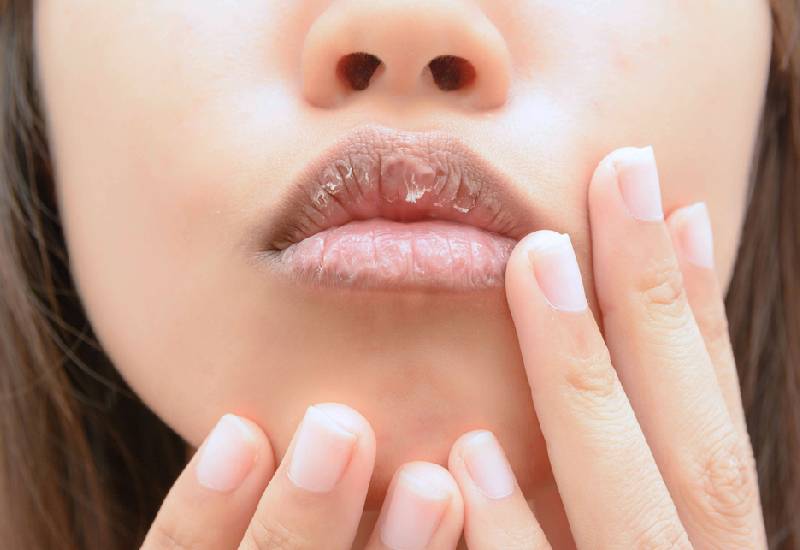
Many women are prompt to book appointments with their gynaecologists. However, less urgent visits such as seeing a dermatologist get overlooked.
While maintaining a proper, healthy skincare regimen at home can’t be overemphasised, treating some skin woes requires the services of an experienced dermatologist.
Here are some reasons you should make an appointment with a dermatologist:
1. You have cystic acne
Do you have pimples that simply refuse to go away? You might be suffering from cystic acne. While most pimples will heal in a matter of days, cystic acne pimples take longer to heal. They might also bleed when you press on them.
Unlike other pimples, cystic acne is not caused by poor skincare. It is usually a result of hormonal fluctuations, stress, and bacteria that is much harder to control. Cystic acne can have a genetic element, meaning that it runs in families.
Since cystic acne is unlike regular acne, it might not respond to regular acne treatments. The best way to control cystic acne breakouts is through prescription medication from a dermatologist. The doctor might also give you a steroid injection to reduce the pain and inflammation and speed the healing. Topical treatments might include retinoids, Accutane, antibiotics, and even hormonal contraceptive pills.
2. Your lips are always chapped
Chapped lips can easily be resolved with a good lip balm and hydration. If you have a habit of licking your lips, you will also notice improvement as soon as you put a stop to it. But if your lips remain dry, chapped and flaky despite your efforts, it is probably time to head to the dermatologist.
Recurrent, reddish, scaly patches around your mouth and lips could be symptom of actinic chelitis – pre-cancerous lesions caused by sun exposure. These types of lesions are usually more common in men than women, perhaps because men are less likely to wear protective lip balms.
Take a survey
If your dermatologist suspects that you have actinic chelitis, they will order a biopsy. A positive biopsy might lead to laser treatment, chemical peels, or topical medication.

3. Your mole is changing
Having moles, birthmarks, and freckles is normal and harmless. However, some changes on these natural skin blemishes can be ominous. A mole with irregular borders or is changing in colour, size, shape or texture can be one of the first signs of skin cancer.
For example, a mole that started out brown in colour might become red, and instead of being soft it starts feeling lumpy. A bleeding mole is also a sign that something isn’t right…although this might be simply as a result of accidental scratching. Moles continuing to grow in adulthood is also a cause for concern.
If you notice any worrying change in a mole, it is advisable to get it checked by either a general practitioner or dermatologist. They will examine the mole and if it looks suspicious, they will conduct a biopsy and send it to a lab for further testing.
4. You have scaly patches
Do you have scaly patches on your scalp, knees, elbows, or lower back? The root of this problem is usually psoriasis, a skin condition caused by an autoimmune disorder where the immune system sends signals that tell skin cells to grow too quickly.
This means that the body doesn’t have a chance to shed cells in a healthy way, which causes dead cells to pile up on the skin’s surface in red, thickened, silvery scales.
Psoriasis can be triggered by something as simple as cold weather. Psoriasis is usually treated with topical creams, oral medications and light therapy.
Dry, scaly patches on your skin could also be ringworm- a fungal infection that forms on the top layer of skin. Ringworm can be easily treated with a topical cream or oral medication.
Most worryingly, dry, scaly patches on your skin could be a pre-cancer symptom called actinic keratosis (AK). Such patches usually form on areas of skin that are often exposed to the sun such as your face, ears, and scalp.
Actinic keratosis patches might flake off, only to reoccur in the same spot. The dermatologist might treat AK with liquid nitrogen, which destroys the damaged cells before they become cancerous.